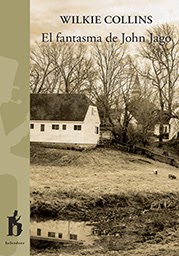About the book
Crimes to solve, mysteries to reveal, memories of bohemian life, jazz, betrayals and remorse; Nazis and thugs lording it over a present in which all references have been lost. When evil is the law, is it possible to preserve justice?
Chris Lloyd is passionate about the Second World War and occupied France, and that is why the historical setting of his novels is magnificently done. In addition, the author has been winner of the HWA Gold Crown for best historical novel and finalist of the CWA Dagger Awards for best crime novel with a historical setting. With echoes of Philip Kerr and Alan Furst, and heir to the great tradition of John Le Carré and Graham Greene, Chris Lloyd is an essential author in every thriller reader’s library.
The new case of detective Eddie Giral in Nazi-occupied Paris
Paris, 1940. As the city adjusts to life under Nazi occupation, detective Eddie Giral struggles to reconcile his work as a police officer under a regime he cannot believe in. He has sacrificed a lot to survive in this new world, but the past is not easily forgotten. When an old friend, and an old love, reappears, pleading for his help, Eddie must decide how far he will go to help his loved ones. Eddie’s ever-fragile moral compass will be questioned again and again as the ravages of the German occupation attempt to break him and the city he loves. In the end, he must choose between doing nothing, or risking everything in a desperate act of resistance.
Requiem for Paris is a work of fiction, but some of its stories have been inspired by real events. In early June 1940, during the Battle of France, a massacre occurred in the bois d’Eraine, when several French troops were taken prisoner and taken to a farm in the south of the forest. There, he separated soldiers from the 16th and 24th Senegalese Rifle Regiment and took them away, despite the protests of French officers. Because of their defense of the African soldiers, six of the officers were moved to a location on the northern edge of the bois d’Eraine and executed. Their bodies were buried in a common grave where they fell.
Two other bodies were buried nearby – an Ivorian soldier and another Guinean – who had probably been forced to dig the officers’ grave before being executed in turn. The African soldiers who had been separated were never seen again, and their graves have never been found. Sixty-four soldiers are believed to have been executed in this manner. This was one of several known mass murders of French African soldiers during this period of the war.
Source: https://algunoslibrosbuenos.com/requiem-por-paris


